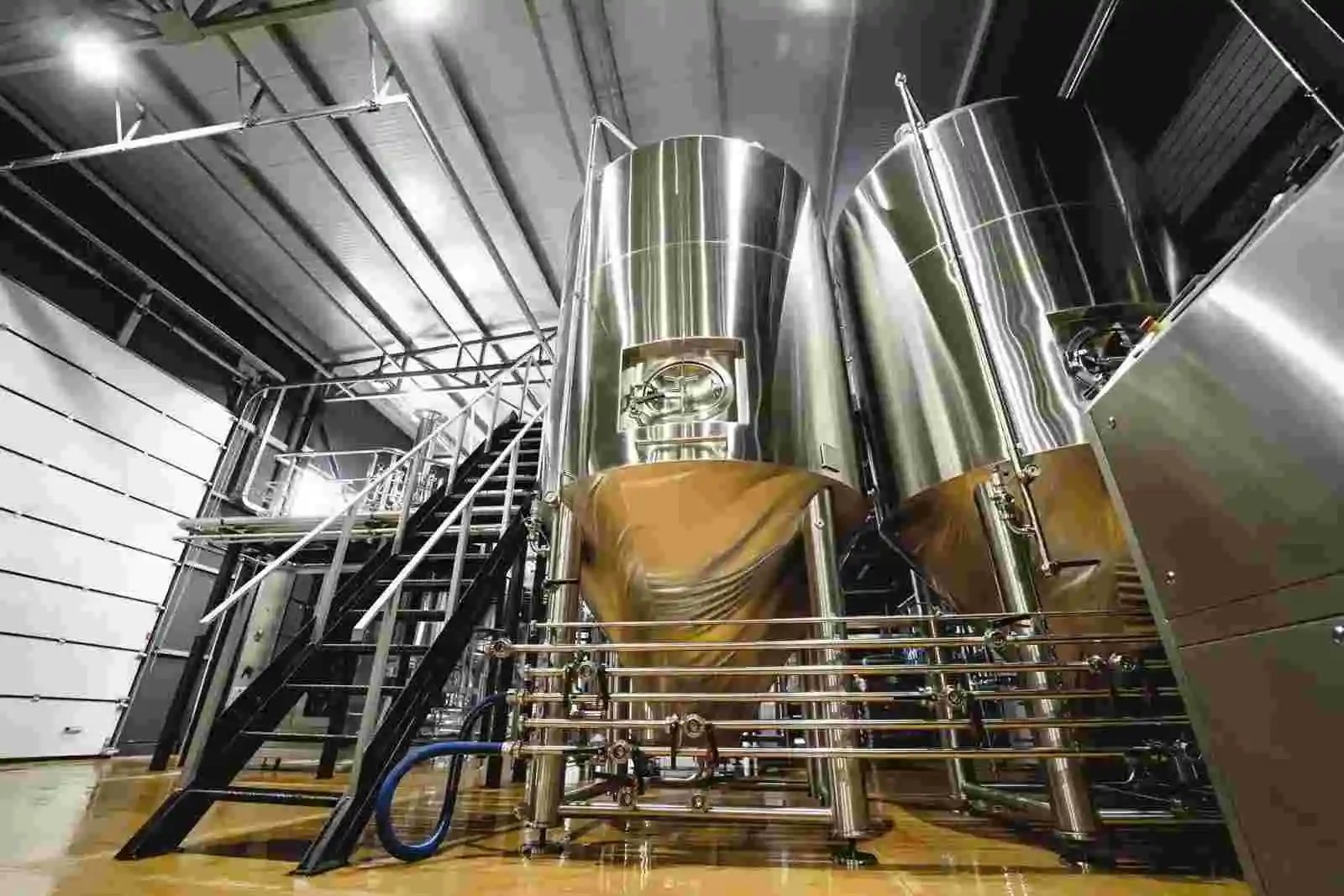Shipping brewery equipment across borders involves a complex web of logistics, expenditure, regulations and paperwork. This particularly holds true when dealing with countries such as Australia and the United Kingdom. Often characterized by their bulkiness and specialized nature, brewery equipment require meticulous planning for international shipping. The journey begins with choosing a reliable freight forwarder experienced in handling heavy and delicate machinery. Factors such as transportation mode, packaging, delivery timelines, duties and taxes play significant roles in determining the shipping costs. Among other things, those of you exporting to the aforementioned countries must understand all about the duties and taxes involved in the process. In this article, we have covered the associated duties and taxes for businesses operating in the brewing industries of Australia and the UK.
Understanding Duties in Australia
Australia, renowned for its thriving craft beer scene, has a regulatory framework that mandates duties on imported goods. Duties are typically calculated based on the customs value, which includes the cost of the equipment, freight, and insurance. It is essential to classify the brewery equipment correctly using the Australian Harmonized System (AHS) code to determine the applicable duty rates accurately.
Navigating the intricacies of the Australian Goods and Services Tax (GST) is equally crucial. Brewery equipment is generally subject to a 10% GST, which is applied to the customs value plus the duty amount. However, certain concessions may apply, and businesses are advised to explore available exemptions or reductions.
Understanding UK Import Regulations
The United Kingdom, home to a rich brewing heritage, follows its own set of import regulations. Post-Brexit, businesses shipping brewery equipment to the UK must adhere to the new customs procedures. Accurate documentation, including commercial invoices, packing lists, and certificates of origin, is imperative to facilitate smooth customs clearance.
Similar to Australia, the UK applies duties on imported goods. The applicable duty rates depend on the equipment’s classification. This is determined using the UK Trade Tariff. Navigating the nuances of duty relief schemes and exploring potential exemptions can significantly impact the overall cost of importing brewery equipment into the UK.
Comparative Analysis of Duties and Taxes
To make informed decisions, businesses must conduct a comparative analysis of duties and taxes in both Australia and the UK. This involves considering the specific AHS code and duty rates for brewery equipment in each country. Moreover, understanding any preferential trade agreements or exemptions that may apply is crucial for cost-effective international shipping. A comparative analysis of duties and taxes in the UK and Australia reveals distinct approaches to revenue generation and economic regulation.
In the UK, a significant portion of government revenue is derived from value-added tax (VAT), which is levied on the sale of goods and services. Additionally, income tax is a major contributor to the exchequer. The UK’s tax system emphasizes progressive taxation, with higher-income individuals bearing a larger burden. Excise duties on specific goods such as alcohol and tobacco also contribute substantially to government coffers.
On the other hand, Australia relies on a Goods and Services Tax (GST) for a considerable share of its revenue. This broad-based consumption tax is applied to most goods and services, reflecting a commitment to indirect taxation. Australia also employs a progressive income tax system, mirroring the UK in this regard. Notably, Australia has a unique tax known as the Goods and Services Tax (GST), which applies to the importation of low-value goods.
Both nations share a commitment to progressive income taxation and derive a substantial portion of their revenue from consumption-related taxes. However, differences exist in the specific mechanisms employed, such as the UK’s reliance on VAT and Australia’s use of GST. Understanding these variations is essential for businesses and policymakers navigating the intricacies of international trade and taxation.
Mitigating Costs through Strategic Planning
While duties and taxes are unavoidable, strategic planning can help businesses mitigate associated costs. This includes optimizing packaging to minimize freight charges and exploring duty relief programs. It is equally important to stay informed about the changes in regulations that may impact the import process. Taking care of these little things can help in bringing down the overall international shipping cost.
Engaging Professionals for Compliance
Given the complexity of international shipping regulations, it is suggested to engage professionals such as customs brokers and legal advisors. These experts can provide invaluable insights to ensure compliance with all the relevant laws and regulations. This can help in identifying opportunities for cost savings.
Conclusion
Shipping brewery equipment across borders to Australia and the UK involves a careful balance of logistics, regulations, and financial considerations. Navigating duties and taxes is a crucial aspect of this process. It demands a thorough understanding of each country’s rules and regulations. Businesses must ensure strategic planning, stay updated with regulatory changes, and leverage professional expertise. This will help optimize their brewery equipment shipping processes and contribute to the growth of the global brewing industry.


